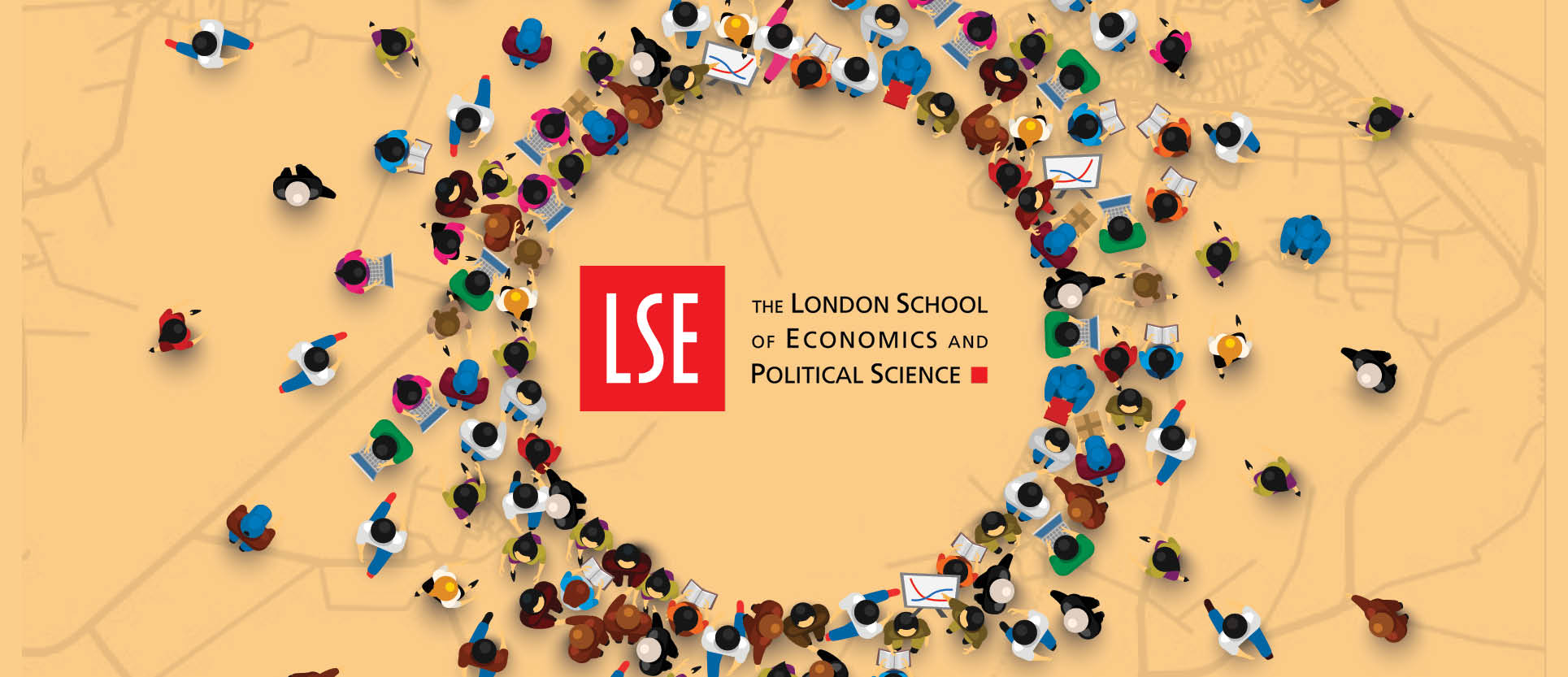Philipp Rode on behalf of the Emergency Governance Initiative for Cities and Regions*
As local and regional leaders from around the world convene at the UCLG 7th World Congress in Daejeon, the strong, collective sense of global crisis will be impossible to ignore. Delegates will re-assess the role of the municipal and regional movement, re-establish their commitment to the Paris Agreement and New Urban Agenda, and contribute to the post-SDG process, while proactively considering options and scenarios for a breakthrough facilitated by a ‘Pact for the Future’. They will do so with an acute awareness that their fellow citizens at home are worrying about concrete multiple and often overlapping crisis points. While the pandemic may have been the dominant concern until recently, it is now surpassed by a combination of crises linked to the war in Eastern Europe and a fragile international political order, global energy and food supply, and the early effects of the climate emergency.
Equally, the governance implications of permanent crisis must not be brushed aside. While convenient at present, hoping for a return to normal mode governance anytime soon will not only be seen increasingly as naive but ultimately as dangerous. Governance renewal for the 2020s will require adjusting our institutional structures to emergency mode while dealing with live crises. Crucially, the complex emergencies we are facing today demand governance well beyond established disaster response, relieve, and recovery. Complex global emergencies such as global heating, pandemics and contemporary inequalities are long emergencies beyond social memory, they are political, lack trigger moments and are difficult to define. The type of emergency governance required to tackle these will have to be built around a capacity for deep prioritisation, managing trade-offs, political competence, and public leadership.
The role of city and regional governments as part of governing complex emergencies must not be underestimated either. This role will have to build on local governments’ strengths such as their agility, flexibility, proximity to people, and in-depth understanding of interrelated systems. Financing and budgeting will have to adapt and acknowledge the role of fiscal autonomy and new capacities to generate own-source revenues. Local public services will have to adjust to exceptional times, acknowledge structural changes in demand, adopt flexible staff re-deployment mechanisms and encourage strong cooperation across service operators. Ultimately, municipal and local government will have to lead more effective territorial responses to complex global emergencies and re-embrace two fundamental logics of urban governance.
First, the recognition that urban governance is fundamentally multilevel. Even under normal mode policy making and service delivery, most tiers of government are involved in urban affairs. Under emergency mode, multilevel co-operation, co-production and co-delivery moves beyond a value driven distribution of state power and becomes a precondition for effective emergency response. To Enhance multilevel emergency governance cities and regions must take on a strategic decision-making role and not just bear operational responsibilities. Success relies on close feedback loops between executive decisions and their impacts on the ground, it needs to employ mechanisms that can quickly aggregate inputs from different local governments, and should be built around a platform for continuous information and experience sharing.
Second, the importance of urban governance as a political rather than a technocratic approach. Possibly the greatest challenge of governance renewal for and under crisis modes will be to increase the democratic legitimacy of emergency action. Radical and rapid policy intervention inevitably lead to tensions between long-established frameworks for ambitious participation, good governance, and representation. Instantaneous and technocratic decisions, limited political debate and absent political mandates for emergency action manifest such tensions. But emergency governance also establishes synergies and opportunities for democratic renewal with clear triggers for wide engagement – citizens as agents for change, a new confidence in the collective and increased motivation of the general public to contribute.
Over the last few years and at the intersecting crisis points of the pandemic, the climate emergency, political confrontation and social unrest, cities, regions and civil society have already established many practices that can be learnt from. Emergency assemblies, digital citizen wallets, youth councils, expanded voting rights, decentralised emergency responses and far-reaching emergency response consultations are just a few examples. These practices are increasingly informed by feminism thought, care ethics and advances in governance by empathy. The joining-up of concrete, territorially embedded intervention and broader normative frameworks is what the municipal movement can clearly offer the new emergency governance. It is an offer that must be deeply embedded in scenarios for breakthrough and a pact for the future.
* Philipp Rode is the Executive Director of LSE Cities at the London School of Economics and Political Science. The Emergency Governance Initiative is a joint programme by UCLG, Metropolis and LSE Cities at the London School of Economics and Political Science. It is identifying implications for urban governance for addressing global emergencies at the city and regional level. This initiative aims to gather insights on how to build institutional capacities for more effective urban and territorial responses to complex emergencies and the governance of grand challenges.

